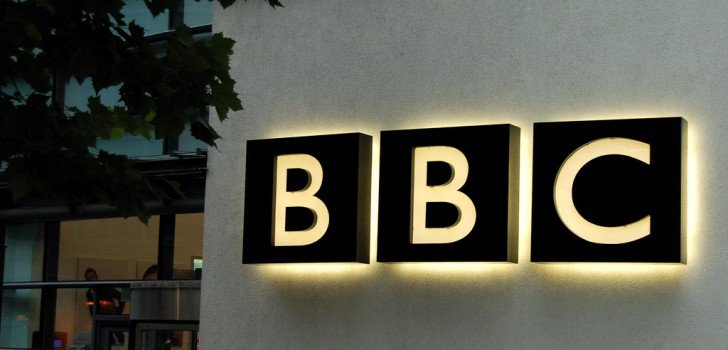Vaccines used today are safe and effective and are amongst the safest and most cost-effective measures used to improve public health and protect people from disease. However, in a controversial study involving only birds published by lead author Andrew Read, a biologist at Pennsylvania State University, University Park, the results suggest that vaccines could have a surprising downside. The new research suggests that, in birds, “imperfect” or “leaky” vaccines (ones that do not make their hosts totally immune to the disease) could allow deadlier pathogens to spread when they would normally kill their hosts quickly and thus “burn out.”
The study focuses on Marek’s disease, a viral infection in chickens. Farmers generally vaccinate their flocks against the disease, which keeps the chickens healthy but does not necessarily prevent them from becoming infected and spreading the disease. As the disease has become more virulent over the past thirty years, Read believes that vaccination is the cause.
As part of the study, Read and his team infected unvaccinated birds with the most virulent strains of Marek’s disease and put them with healthy birds. The infected chickens died very quickly and therefore had no chance to spread the virus to the healthy chickens. The researchers then infected vaccinated birds with the virulent strain and put them with healthy birds. The vaccinated birds lived longer, and they in turn infected the healthy birds, which then died. According to Read, the results of the study illustrate that the “vaccination enabled the onward transmission of the viruses otherwise too lethal to transmit, putting unvaccinated individuals at great risk of severe disease and death.”
Despite the study’s results, many scientists believe the research is extremely specific to Marek’s disease in birds and should not be used to draw general conclusions about vaccinations. Adrian Hill, a vaccine researcher at the university of Oxford in the United Kingdom, does not doubt that some vaccines could lead to stronger virulence in some diseases but states it is highly unlikely and should not detract people from getting themselves or their children vaccinated.
Hill stated that Read “has no more evidence that [new vaccines leading to more virulent diseases] will happen with an Ebola vaccine than it’ll happen with any other vaccine in humans.” Hill argues that the distinction between leaky and nonleaky vaccines is flawed and that “[e]very vaccine is leaky, in that some people don’t get protected by it, some people are partially protected, some people have prevention of the disease, and others prevention of infection.”
Hill further stated that hundreds of millions of people around the globe get vaccinated for various diseases every month and there is zero evidence to suggest that the vaccinations have ever led to any disease becoming deadlier.
Hill and other scientists worry that Read’s research will encourage “anti-vaccinators” to continue to not vaccinate themselves and their children. And, despite Read’s research with chickens, even he states that even if a human vaccine is ever shown to cause a virus to become more deadly, that would not be a reason not to vaccinate. The researchers stress that even a leaky vaccine is better than none for many human diseases. Because Ebola, malaria and HIV are such devastating diseases, even an imperfect vaccine would be a medical breakthrough.
Stay Connected